
Assyrtiko is a white grape varietal that has become a symbol of Greek viticulture's distinctiveness and adaptability. Originating from the volcanic soils of Santorini, Assyrtiko grapes are renowned for their crisp, mineral-rich profile, making them one of the most interesting Greek indigenous grape varieties. This guide will explore what Assyrtiko grapes are and uncover some fun facts that highlight their unique characteristics.
We'll also trace the historical journey of this ancient grape, revealing its evolution and how it has influenced winemaking traditions. Our discussion will also cover the ideal viticultural conditions that allow Assyrtiko to thrive, focusing on the main regions where this grape is cultivated and how the local terroir influences its qualities.
In addition, we will explore sustainable production practices that ensure the environmental integrity and quality of these grapes. Finally, we'll introduce some of the famous wines made from Assyrtiko, celebrating the exquisite flavours that have captured the palates of wine lovers worldwide. Join us as we uncover the richness of Assyrtiko, from its ancient roots to modernity.
Assyrtiko is a prominent white grape variety indigenous to Greece, most planted on the island of Santorini. However, it also shows great adaptability to various other parts of Greece. This grape is renowned for its ability to thrive in hot and arid climates while maintaining a high acidity level, something unusual. The soil composition in its native Santorini is unique, consisting mostly of volcanic ash and rocks, contributing to the distinctive minerality and intense flavours found in the wines produced from these grapes. Assyrtiko wines are typically dry and full-bodied with a clear, crisp profile that includes flavours such as minerals and a distinct saline quality, complemented by bright citrus notes due to the influence of the sea. Assyrtiko's distinctive profile, featuring citrus notes alongside its mineral and saline qualities, underscores its importance in the realm of Greek wine, showcasing the unique flavours and aging potential that highlight Greece's viticultural heritage.
These characteristics and fun facts highlight Assyrtiko's unique place in the wine world, showcasing its historical richness and versatile appeal.
Assyrtiko, a white grape variety native to Greece, has a rich history deeply rooted in the volcanic soils of Santorini. This grape is famed for its robust structure and ability to maintain high acidity levels, even in the warm, arid climate of its native island. The unique environment of Santorini, characterized by its minimal rainfall and volcanic soil, plays a key role in shaping the distinctive qualities of Assyrtiko wines.
Historically, Assyrtiko has been the backbone of Santorini's viticulture, dominating the landscape and reflecting the island's winemaking traditions. Its resilience against phylloxera, due to the volcanic ash that predominates in the soils of the island, allowed it to thrive while other European vineyards suffered devastating losses in the 19th century. This advantage has preserved ancient vine roots that contribute to the complexity of the wines produced today.
The traditional pruning method known as "koulara" is unique to Santorini, where vines are woven into basket shapes to protect the grapes from harsh winds and intense sunlight. This method exemplifies the adaptations made by local vintners to their unique climatic conditions, ensuring the survival and quality of their crops.
Assyrtiko began gaining international recognition due to its unique characteristics and its versatility in wine production, ranging from crisp, mineral-dry whites to the sweet, sun-dried styles used in Vinsanto. Modern interest in Assyrtiko has led to its cultivation in other parts of the world, including Australia and the United States, where it is valued for its drought resistance and its ability to retain acidity in warmer climates.
The introduction of Assyrtiko to global markets has been supported by its adaptability in the vineyard and its appealing minerality and acidity in the glass, drawing comparisons to some of the world’s most renowned white wines. This has positioned Assyrtiko not just as a staple of Greek viticulture but as a valuable addition to vineyards worldwide facing the challenges of climate change.
Assyrtiko grapes, primarily cultivated in Santorini’s unique terroir, thrive under specific viticultural conditions that contribute to their distinctive quality and flavour profile. Santorini's unique viticultural conditions, including its volcanic soil and the island's microclimate, contribute significantly to the refreshing acidity of Assyrtiko wines, underscoring their versatility and appeal by enhancing their vibrancy, crispness and ability to reflect the terroir.

The ideal soil types for Assyrtiko are well-drained, low in organic matter, and mineral-rich, providing the necessary stress to the vines to produce concentrated flavours. Key soil types include:
Assyrtiko grapes are renowned for their adaptability and unique characteristics, which are profoundly influenced by the terroirs of their growing regions. The main regions where Assyrtiko thrives are:

Each of these regions gives Assyrtiko unique characteristics, showing the grape’s ability to convey the essence of its terroir. The interplay between soil type, climate, and traditional viticultural practices in these areas ensures that Assyrtiko wines offer a wide spectrum of flavours and styles, from bone-dry and sharp to complex and aromatic.
The cultivation of Assyrtiko grapes is deeply intertwined with sustainable practices. For instance, more and more Greek wineries are adopting sustainable methods that not only boost the quality of their wines but also safeguard the environment.
In Santorini, the unique volcanic soil and scarce rainfall mean that Assyrtiko vines are traditionally dry-farmed. This technique involves minimal water usage, relying instead on the morning mist and the deep roots of the vines to gather moisture. This practice helps to preserve water—a critical resource on the arid island—and highlights the grape's renowned mineral flavours.
Organic farming is another pillar of sustainability seen in the Cycladic islands, where many wineries avoid the use of synthetic pesticides and fertilizers. This not only ensures the health of the soil and vines but also promotes biodiversity in the vineyard. For instance, the Ousyra Winery practices organic viticulture, reflecting a broader commitment to environmental stewardship.
On the mainland, in regions like Aigialeia, wineries such as Rouvalis focus on eco-friendly techniques like gravity-flow winemaking. This method uses natural gravity to move the grapes through various stages of production instead of relying on mechanical pumps, reducing energy consumption and maintaining the grapes' integrity.
These sustainable practices are key to maintaining the high quality of Assyrtiko wines and preserving the diverse ecosystems of Greece's winemaking regions.
Assyrtiko wines are deeply influenced by their terroir and celebrated for their unique characteristics. Here are some of the most acclaimed Assyrtiko wines, noted for their distinct aroma and flavour profiles:
These wines illustrate Assyrtiko’s versatility and global appeal. They range from bone-dry to sweet expressions, each carrying the unmistakable imprint of its terroir. Whether it’s the intense minerality from Santorini’s volcanic soils or the innovative aging processes that some vintners employ, Assyrtiko continues to make a significant mark on the wine world.
With its robust profile and remarkable adaptability, Assyrtiko has not only defined but also elevated Greek winemaking on the global stage. Originating from the volcanic soils of Santorini, this grape variety encapsulates the essence of its unique terroir, bringing forth wines that are intensely mineral and crisply acidic. These characteristics have made Assyrtiko a cornerstone in the portfolios of Greek vintners, who exploit its potential to produce wines that range from sharply dry to elegantly sweet.
As Greek winemakers continue to innovate and expand their viticultural practices, Assyrtiko remains at the forefront, symbolizing the resilience and versatility of Greek viticulture. Its ability to express the nuanced differences of the regions it's planted in while maintaining its distinctive characteristics is a testament to its importance.
For Greek winemakers, Assyrtiko is not just a grape; it's a vital part of their cultural and economic narrative, bridging traditional practices with contemporary acclaim and opening up new avenues for Greek wines on the world wine map. This grape’s ongoing story is one of adaptation, quality, and unparalleled terroir expression, making it indispensable to the heritage and future of Greek winemaking.
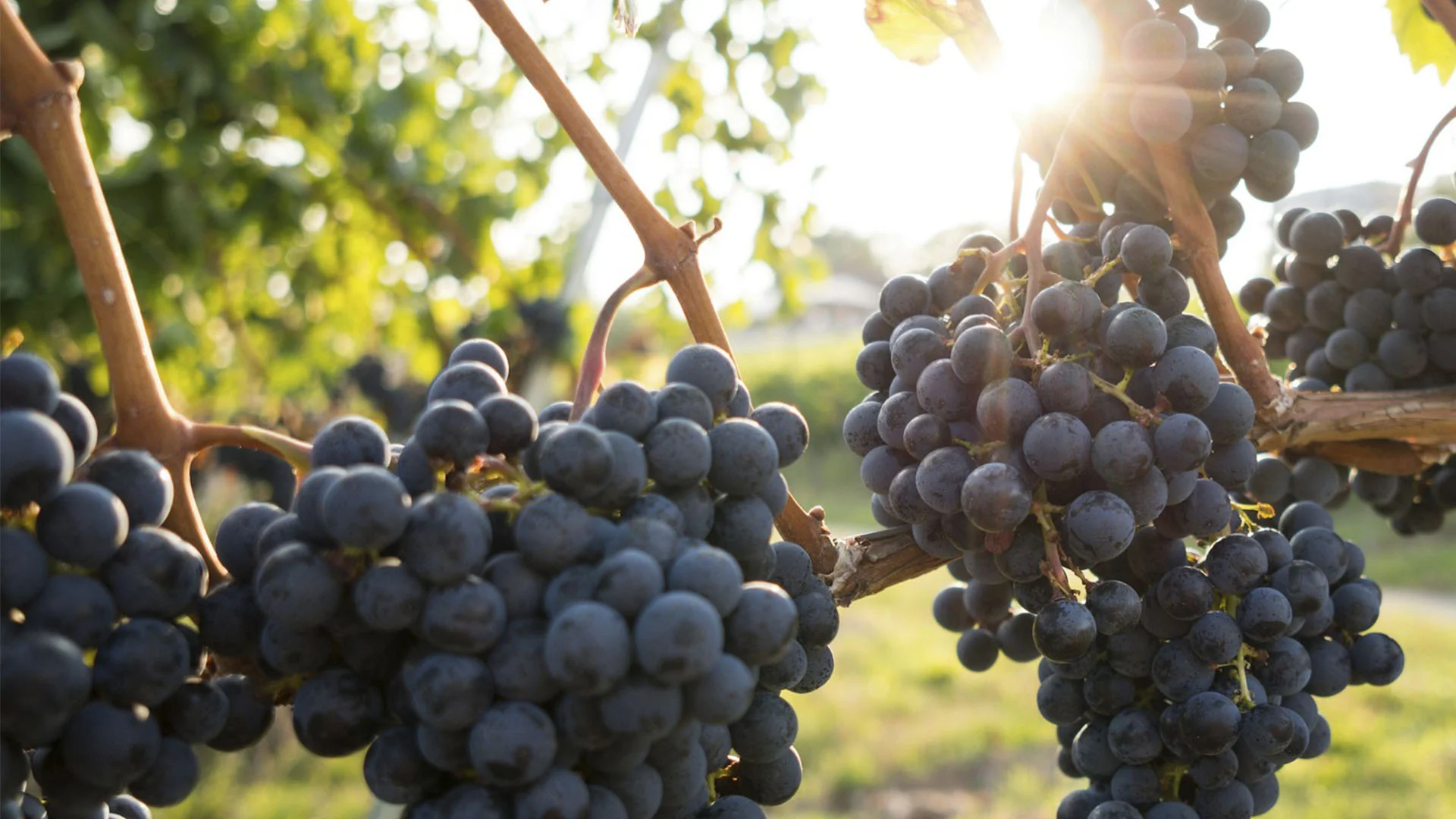
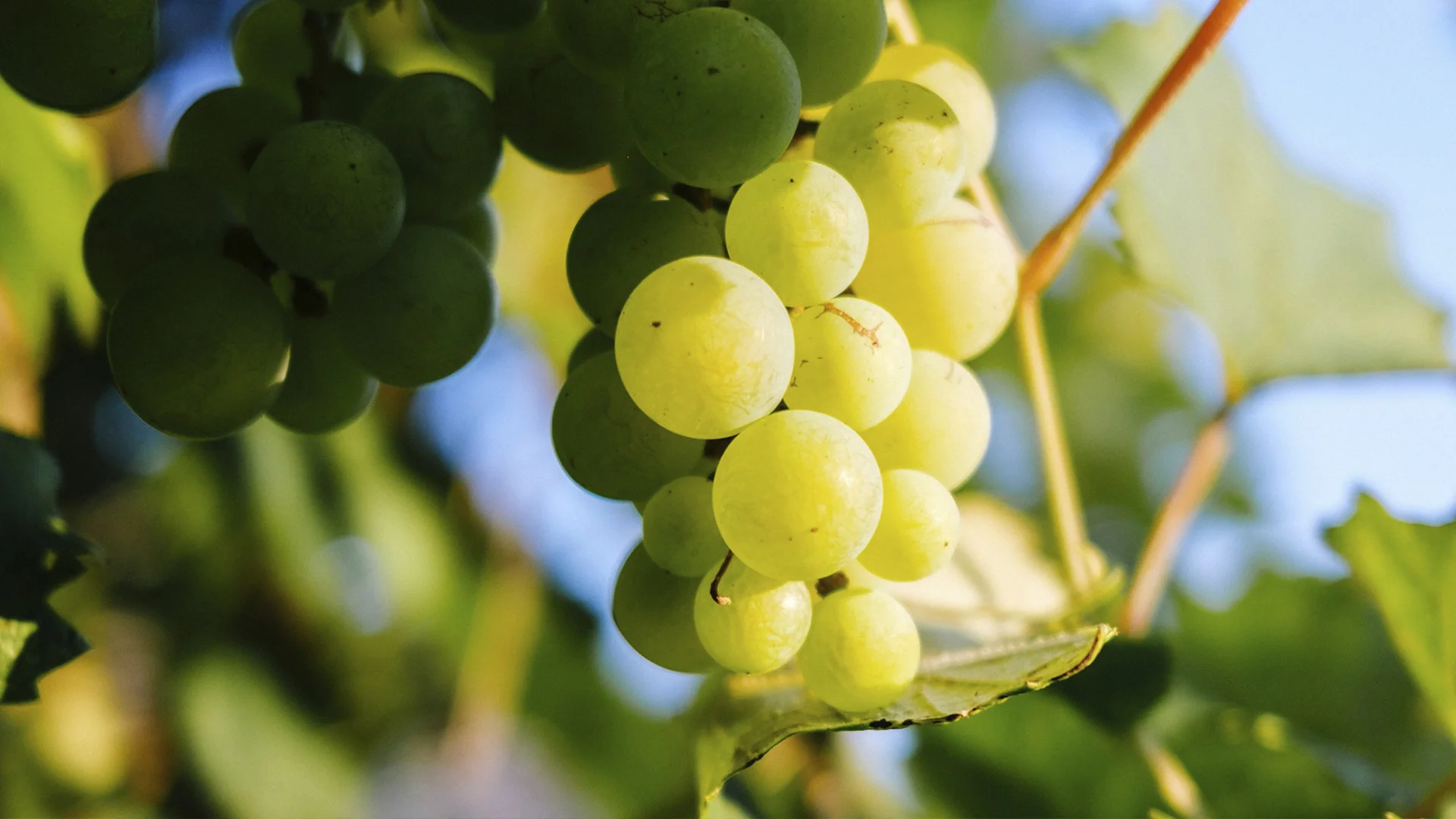
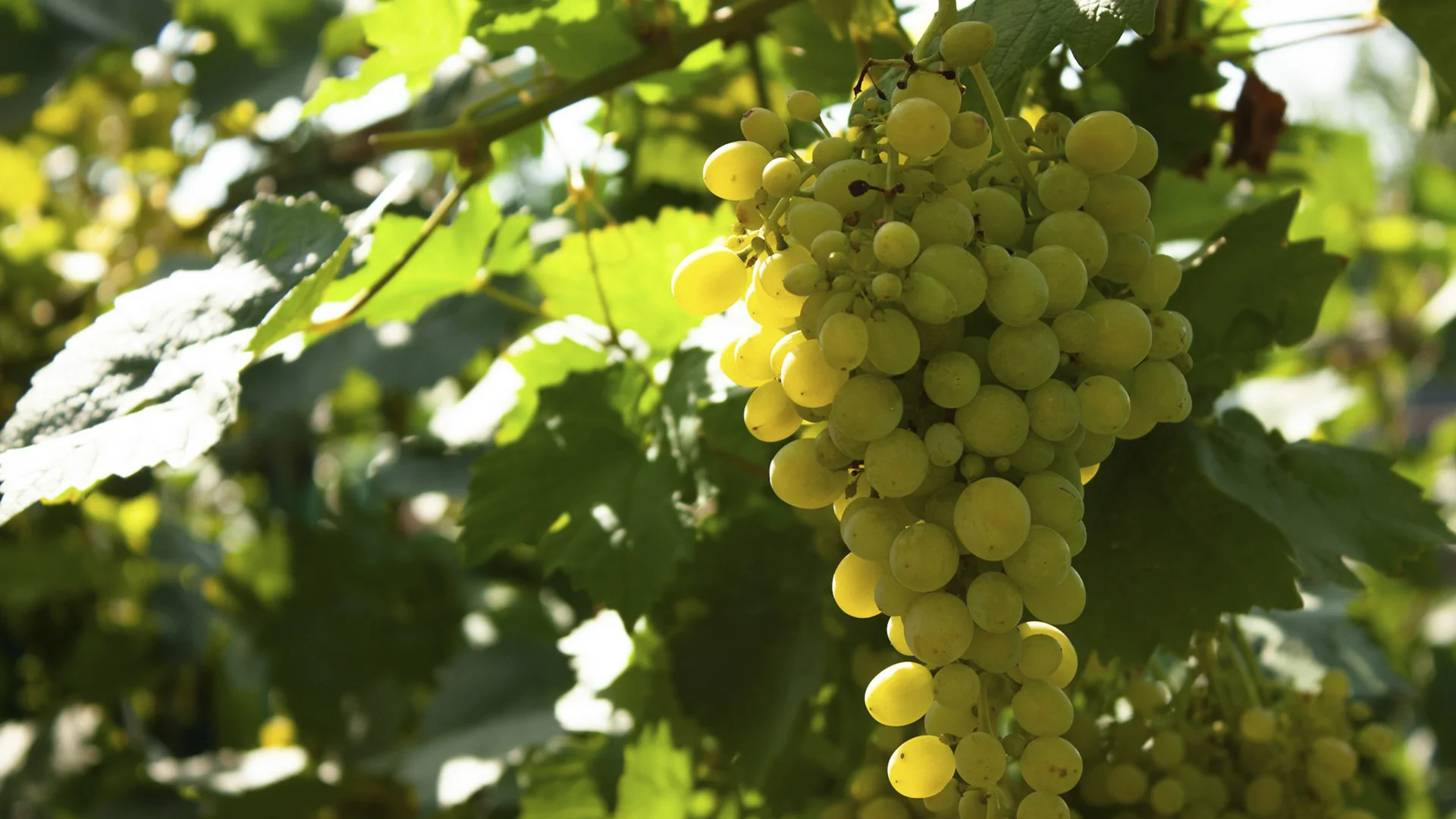
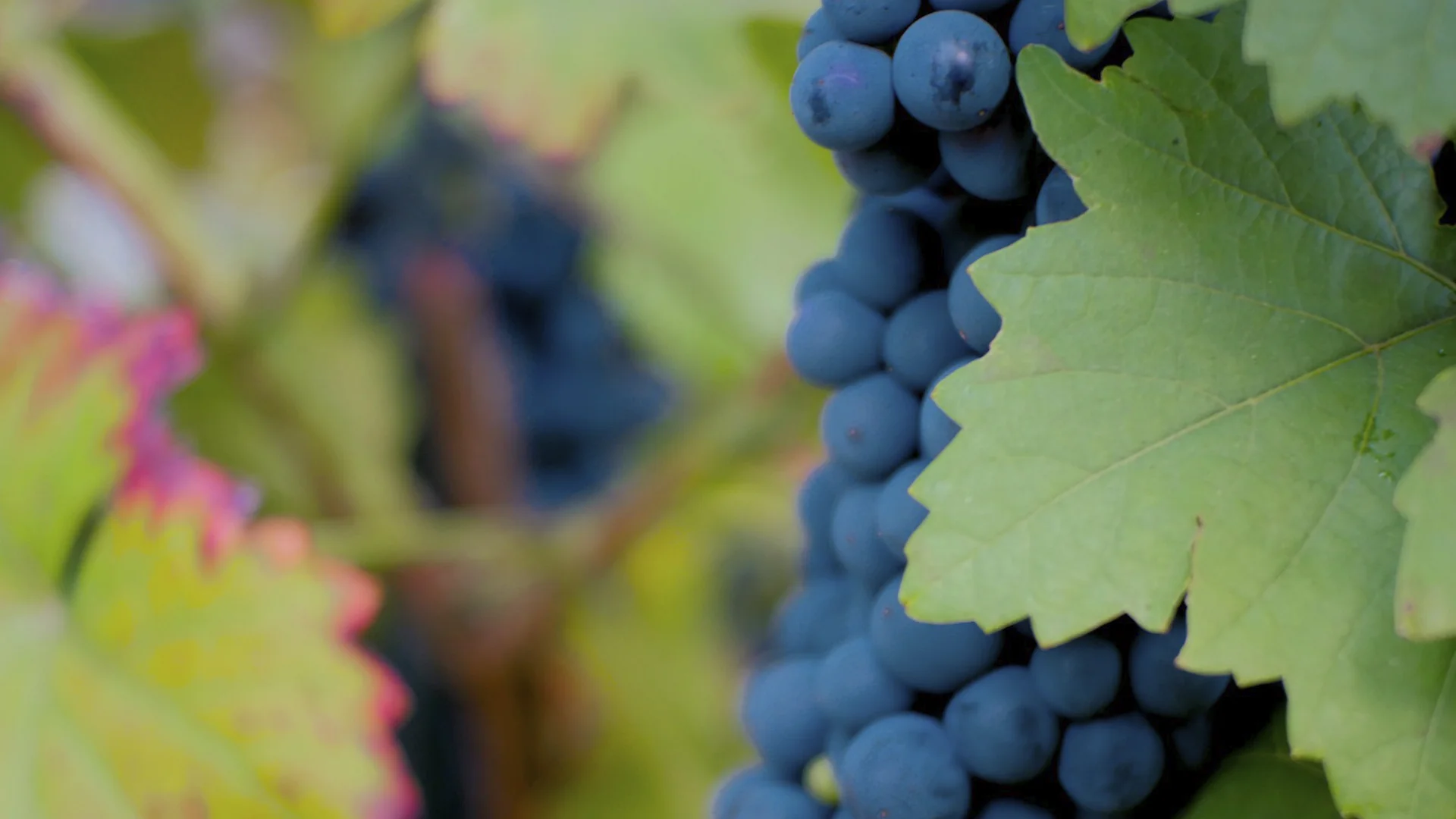
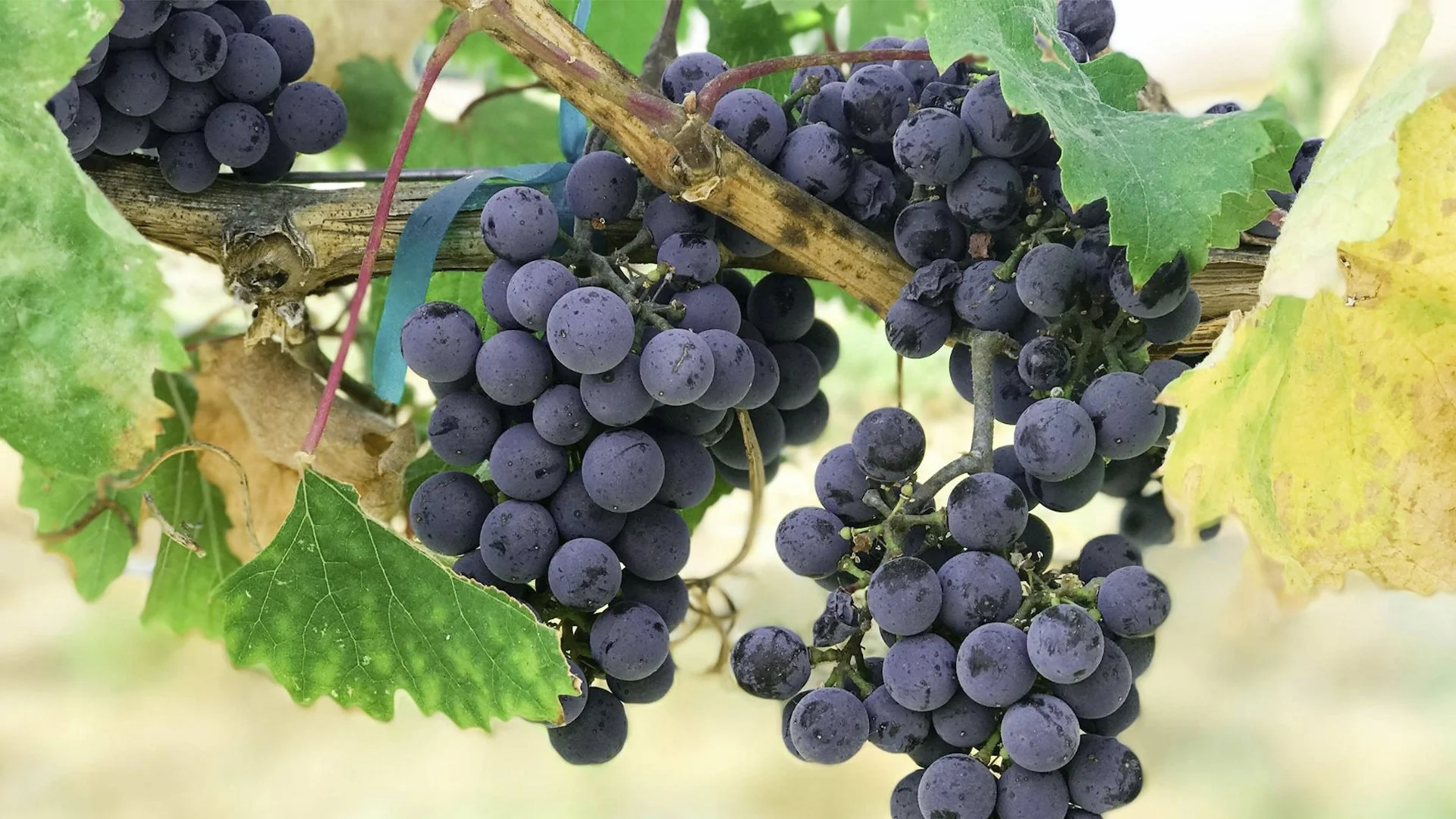
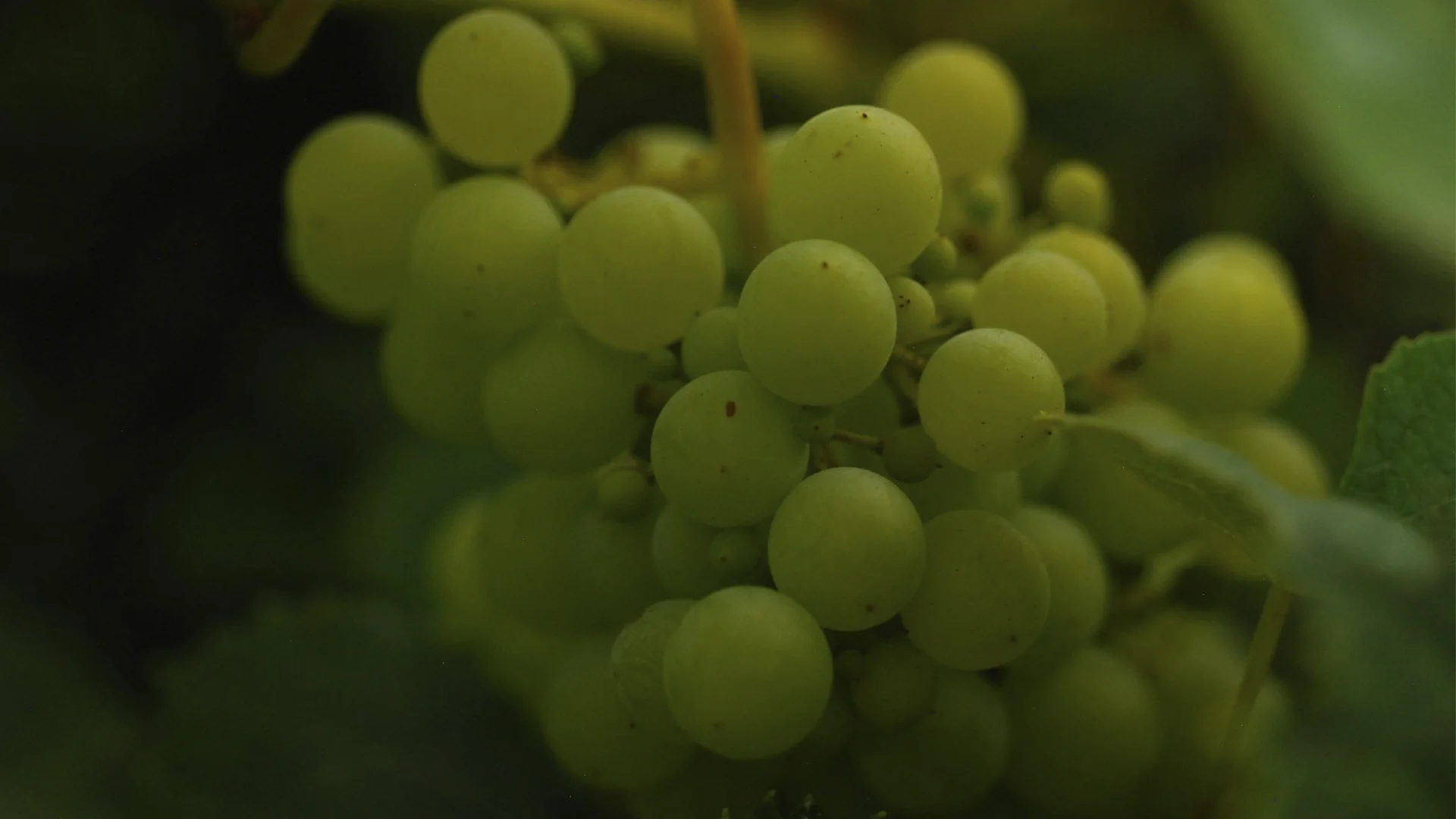
























































































.webp)

.webp)




Are you interested in
collaborating with us?